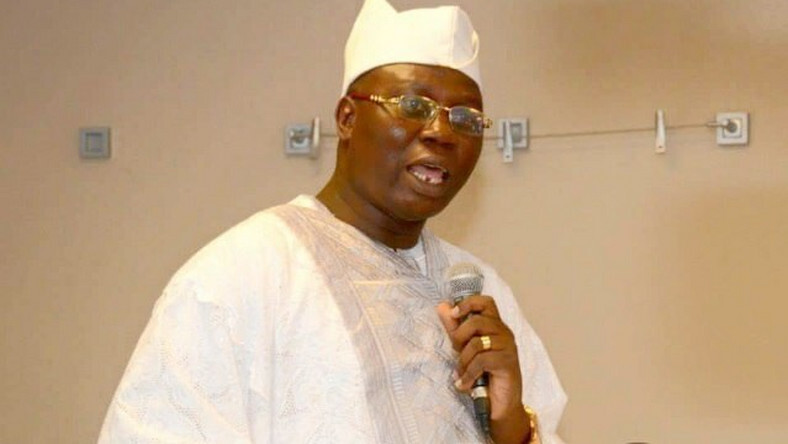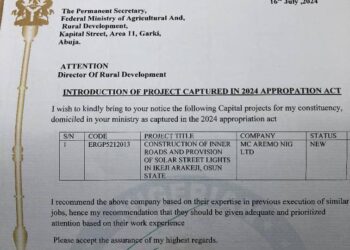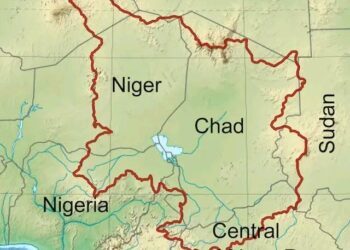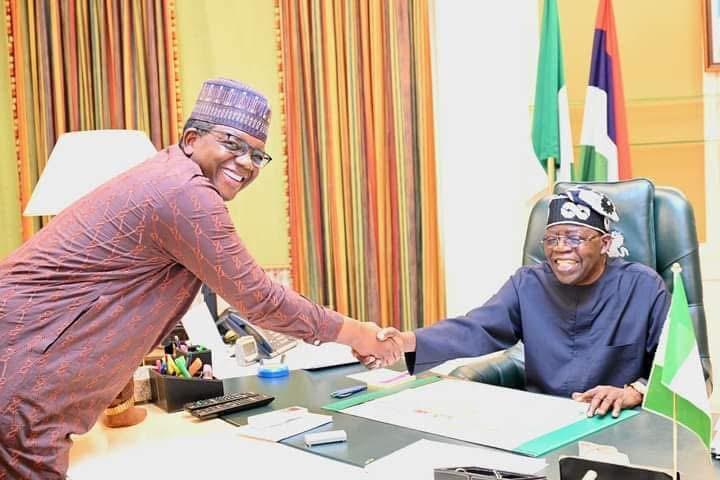Gani Adams, the Aare Ona Kakanfo of Yorubaland, has warned that the growing trend of vote buying is threatening Nigeria’s democracy.
Speaking on Thursday at the sixth annual lecture of Freedom Online Newspaper in Lagos, Adams criticised both political leaders and citizens for their roles in undermining democratic processes.
He cited examples from recent elections in Edo state and Ondo state, claiming that votes were openly traded party agents and the electorate.
Adams said citizens who should hold their leaders accountable have “thrown away their franchise” by selling their votes during elections.
He expressed concerns about the 2027 general elections, warning that the country’s democracy was at risk.
Adam called for urgent electoral reforms and the removal of Mahmood Yakubu, chairman of the Independent National Electoral Commission (INEC), before his tenure ends in late 2025.
He also advocated for restructuring, arguing that Nigeria’s federating units should be allowed to function independently to address governance challenges.
“Our leaders display a nonchalant attitude toward the governance of this country. The led (citizens) sold their rights and threw away their franchise,” Adams said.
“The experiences at the Edo and Ondo governorship elections gave a serious concern about the country’s democracy.
“There was an area during the Ondo election in which N20,000 each was paid to voters during the elections. The least was N10,000. The highest bidder won the election.
“This is giving us concern about what will happen in 2027. This trend is showing that our democracy is gradually going to the grave. We need to do something drastically to reform our electoral reforms.
“Restructuring will take care of all these anomalies. We will continue to speak high-sounding grammars if we do not restructure this country. Federating units must be allowed to function.”
The event was attended by Siminalayi Fubara, governor of Rivers, represented by Tele Ikuru, a former deputy of the state; Bode George, ex-deputy national chairman (south) of the Peoples Democratic Party (PDP); and Gbenga Daniel, a former governor of Ogun state.
Other dignitaries include Adewole Adebayo, presidential candidate of the Social Democratic Party (SDP) in 2023; and Kofoworola Bucknor Akerele, former deputy governor of Lagos state.










